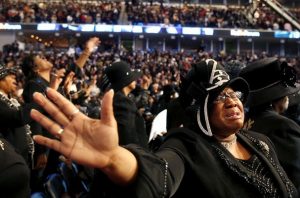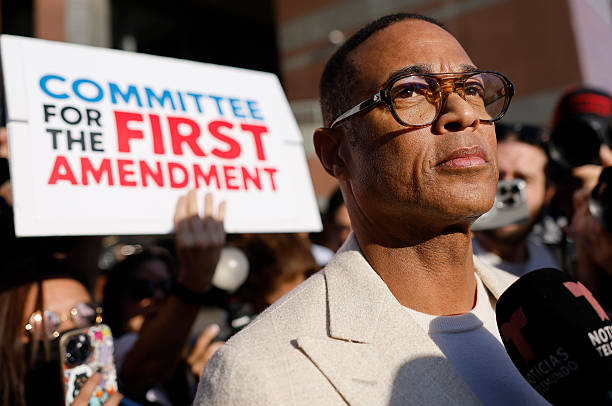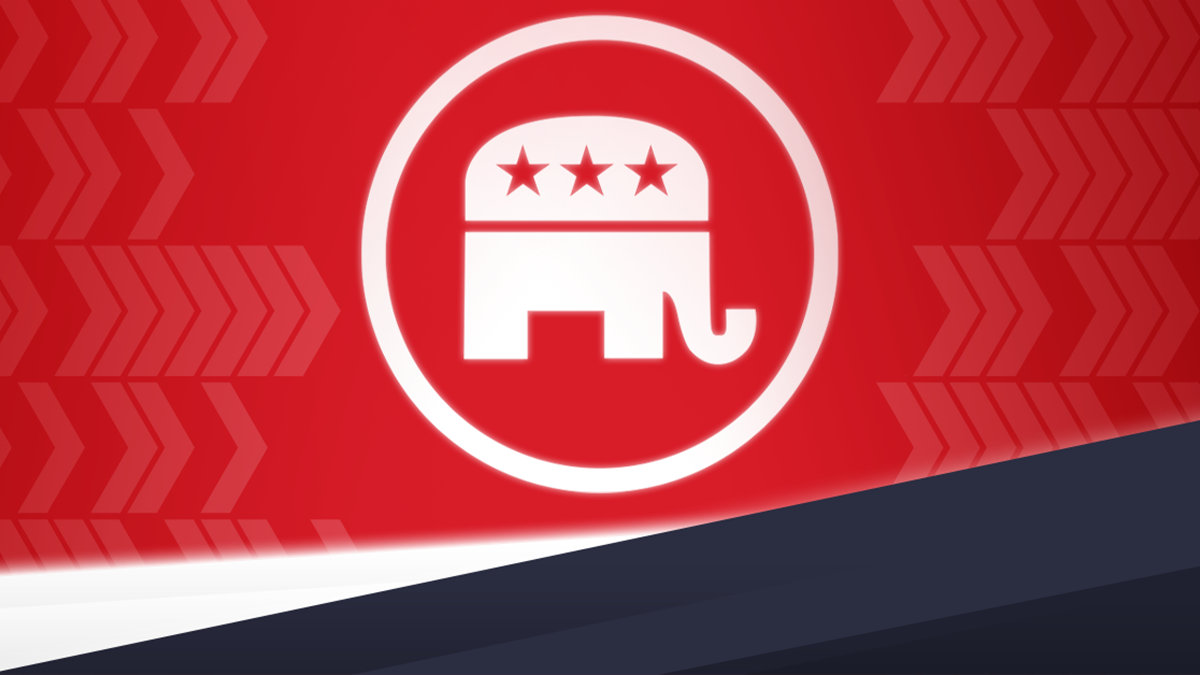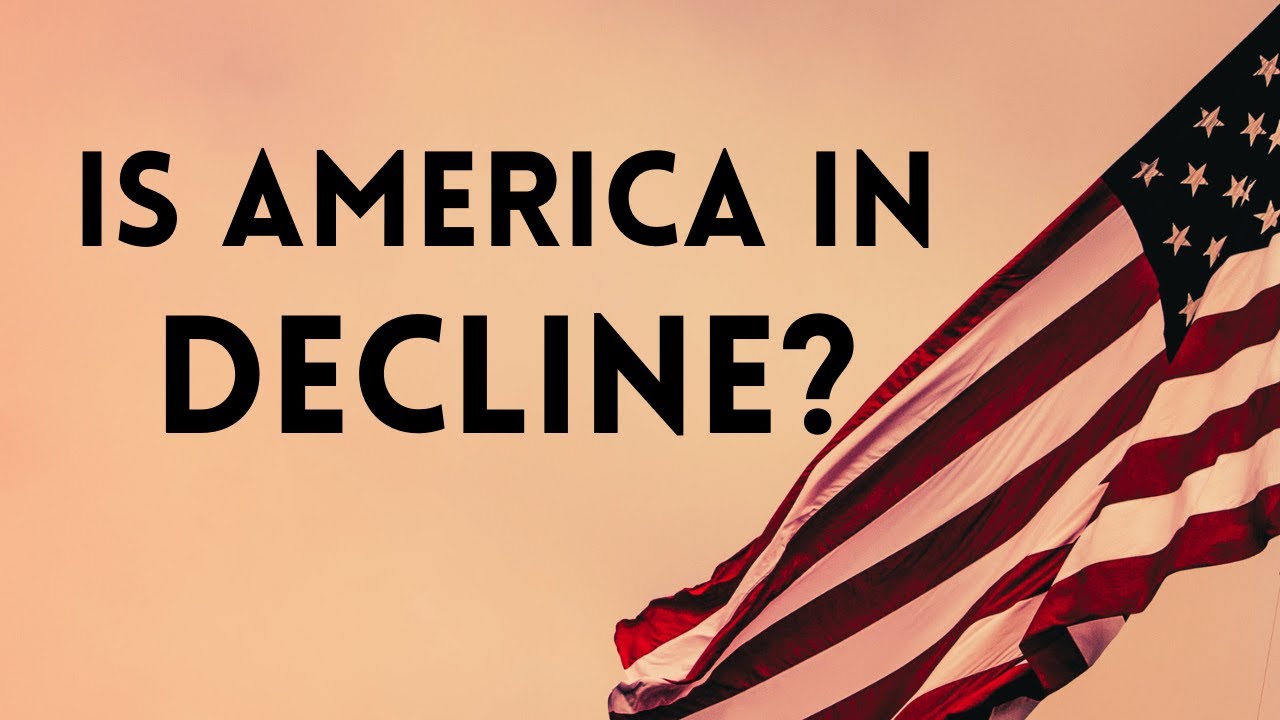(ThyBlackMan.com) According to the U.S. Religious Landscape Survey, conducted in 2007 by the Pew Research Center’s Forum on Religion & Public Life, Black Americans “are markedly more religious on a variety of measures than the U.S. population as a whole.” It cited that 87% of Blacks (vs. 83% of all Americans) are affiliated with a religion. It also found that 79 % of Blacks (vs. 56% overall) say that religion is “very important in their life”. Many scholars estimate that 15-30% of Africans imported as slaves were Muslim. The majority of the remaining practiced indigenous forms of worship. All were CONVERTED to Christianity. Most became Baptist although slaves from Louisiana became Catholic because of the French settlers in that area.
Today 83% of African Americans are Christian, and only 1% identify themselves as Muslim. Data published by The Leonard T. Greenberg Center for the Study of Religion in Public Life, the African American population has been shifting over the past 18 years. In 1990 half (50%) of African Americans considered themselves Baptist. However that percentage dropped to 45% by 2008. There was also a substantial decrease in the percentage of Mainline  Christians (Methodist and Orthodox) from 12% in 1990 to 7% in 2008. Even among those African-Americans who report no
Christians (Methodist and Orthodox) from 12% in 1990 to 7% in 2008. Even among those African-Americans who report no
affiliation, more than two-thirds say religion plays a somewhat important role in their lives, according to Pew. And some nonbelieving African-Americans have been known to attend church out of tradition.
Here are three negative effects the black community deals with today from being deeply embedded in a white, manmade religion:
Separated Families
Moving family members from one another broke down the spirit of the enslaved, as they believed wholeheartedly in worshipping together. With their family units broken, their African beliefs were broken, too, making them more willing to accepting another religion.
Mixing of Religious Practices
Symbols and objects, such as crosses, were conflated with charms carried by Africans to ward off evil spirits. Christ was interpreted as a healer similar to the priests of Africa, according to PBS’ Slavery and the Making of America. In the New World, fusions of African spirituality and Christianity led to distinct new practices among enslaved populations, including voodoo in Haiti and Spanish Louisiana. Although African religious influences were also important among Northern Black people, exposure to Old World religions was more intense in the South, where the density of the Black population was greater.
Social Control
In the Caribbean colonies of Cuba and Saint-Domingue, religion was taught to enslave Africans as a means of social control more than as a means to edify their souls. While the plantations were small and the enslaved population was not huge, plantation owners used religion to teach obedience. In Cuba and Brazil, Catholic saints were often equated with gods from Africa generating familiarity for the enslaved.
Where did African American’s learn these religious traditions from and how have they affected the community? Slaves, when hearing the Christian message, were struck by something that transcended their culture. Many of them described how they were seized by the Spirit, struck dead and raised to a new life. Such conversions took place in the fields, in the woods, in the slave quarters, or at services conducted by black people themselves. The Christianity that finally took hold of black souls, that grew and blossomed in its own distinct way, comforted and gave hope to a sorely oppressed people, was a different thing altogether than what whites had imagined.
Staff Writer; Amber Ogden
One may also view more of her work over at; AmberOgden.com.
Also connect via Instagram; 1amberogden and Twitter; MsAmberOgden.

















I find it ironic that in 2016 we still have people believing that belief in Jesus and the bible is a white man creation. White people were not even primarily featured in the first half of the bible. What white people attempted to give the slaves was not the bible, but a system of oppression. It was evident that what they told us about God and our heritage was untrue because they never wanted us to read the bible only believe what they told us. Hell, half of them couldn’t read and the ones who could knew the truth of the matter. This is NOT a white man’s religion, the sooner you so-called Negroes get to the truth and not what you read in a non-spiritually inspired African history slanted book you will be better off. Indigenous forms of worship? Yes, mainly a belief in the God of Abraham, Isaac and Jacob. The Most High. We taught civilizations the truth not followed them. You all would find a stronger community if you stop criticizing the Church and worked with your fellow brothers and sisters. If you haven’t come across a church that preaches the truth about your heritage and the love of God, keep looking. And I would argue that Robert’s comments about the Christian and abortion is more because on non-christian values and beliefs ingrained by this false society that there belief in the creator. We live in a society as you mentioned that champions abortion. There are many influences on our behavior that just our religion. Geesh, I feel like I’m still dealing with 3rd graders.
What’s sad is that we African Americans are still calling ourselves BLACK because Caucasian oppressors called us that to contrast their color and to assign to us all the negative things BLACK is equated with in the dictionary. The fact is, like it or not and believe it or not, YOU ARE BROWN and your car tires are black. You can say black is a culture but when they deal with you, they deal with you based on it’s definition – dismal, gloomy, dark, diabolical, treacherous, devoid of light.
WAKE UP AFRICAN AMERICANS. We do not call the Asian yellow man because he would not stand for it. We do not call the Native American a red man because he would not stand for it. We do not call the Hispanic man a brown man because he would not stand for it. And many Africans, Haitians and Jamaicans do not accept being called a color they know they are NOT.
Ironically, African Americans are the only ethnic group/race on the planet which allows ourselves to be called a color we are not, allowing ourselves to be defined by color, by someone else and to allow ourselves to be attached to a color we are not – a color they filled with negative denotations. Then we fight to help keep the lie in place. Is it any wonder that cops treat us as BLACK people by the definition of dismal, gloomy, treacherous, evil etc? We will never rise and overcome as a people if we allow other groups to define us, to define us with a lie and we are sadly willing to help them. AFRICAN AMERICAN LIVES MATTER PEOPLE. Black is the color of my car tires, not my skin. I am a family and relationship counselor who specializes in deprogramming African Americans from slavery mindsets.
You should read my article on this site called White Savior Programming
I think what has been exposed about black AMERICAN so called CHRISTIANS especially over the last 8 years is in fact that they’re not CHRISTIANS at all and the whole concept of a black church is fraud.
THE black woman has aborted 17 million children since ROE V WADE, she has lost her man , family and community when the BIBLE say’s the family is ordained by GOD and now we see her voting for the most vile presidential candidates in presidential history both OBAMA and HILLARY, and all this while she’s sitting in the church.
THERE’S a serious moral crisis in the black community and that couldn’t happen to a people who actually know and practice CHRISTIANITY because the latest vote for HILLARY by more than 80% of black women was not a political vote it was a moral vote it in fact was a vote for BARRABAS!